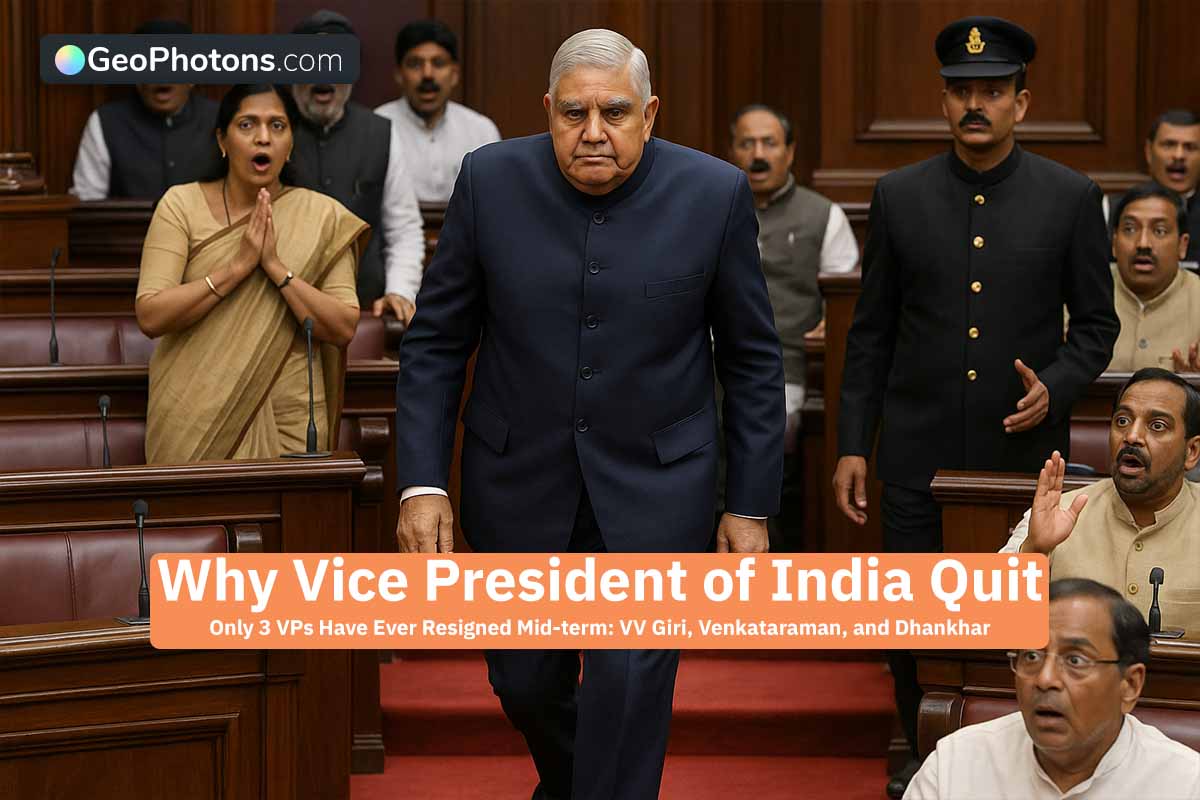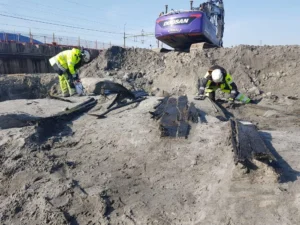India’s New National Security Advisory Board Post-Pahalgam Attack
Following the April 22, 2025, Pahalgam terror attack that claimed 26 lives, India has restructured its National Security Advisory Board (NSAB) to bolster national security and counter-terrorism strategies.
1. What Prompted the Immediate Restructuring of NSAB?
On April 30, 2025, in New Delhi, the Indian government reconstituted the NSAB after the Pahalgam attack, where 26 civilians, including a Nepalese national, were killed. The attack, executed by five militants using AK-47s and M4 carbines, targeted tourists in Baisaran Valley. This incident, the deadliest since the 2008 Mumbai attacks, underscored significant lapses in intelligence and prompted an urgent review of national security frameworks.
2. Who Are the New Faces in the Revamped NSAB?
The restructured NSAB now includes six new members: three retired military officers—Lt. Gen. A.K. Singh, Air Marshal P.M. Sinha, and Rear Admiral Monty Khanna; two former IPS officers—Rajiv Ranjan Verma and Manmohan Singh; and ex-IFS officer B. Venkatesh Varma. This diverse expertise aims to enhance strategic advisory capabilities on defense, intelligence, and foreign policy matters.
3. How Does Alok Joshi’s Leadership Influence NSAB’s Direction?
Alok Joshi, former chief of the Research and Analysis Wing (RAW), now heads the NSAB. His appointment brings over three decades of intelligence experience, particularly in counter-terrorism and strategic affairs. Joshi’s leadership is expected to steer the board towards proactive threat assessment and robust policy recommendations.
4. What Are the Immediate Objectives of the Revamped NSAB?
The NSAB’s immediate focus includes analyzing the Pahalgam attack’s intelligence failures, enhancing inter-agency coordination, and formulating strategies to prevent similar incidents. Additionally, the board will assess the implications of India’s suspension of the Indus Waters Treaty and the closure of borders with Pakistan, aiming to navigate the geopolitical tensions that have escalated post-attack.
5. How Does the NSAB Fit Within India’s National Security Framework?
Established in December 1998, the NSAB functions as an advisory body to the National Security Council (NSC), providing long-term analyses on security issues. It plays a crucial role in shaping policies related to defense, internal security, and strategic affairs, ensuring a comprehensive approach to national security.
Quick Fact Box:
Date of Pahalgam Attack: April 22, 2025
Casualties: 26 civilians killed, 20 injured
Attackers: Five militants with AK-47s and M4 carbines
NSAB Reconstitution Date: April 30, 2025
New NSAB Head: Alok Joshi, ex-RAW chief
New Members: 6 (3 military, 2 police, 1 diplomatic)
Primary NSAB Role: Advisory body to the National Security Council
Established: December 1998
6. What Are the Broader Implications of the NSAB’s Revamp?
The NSAB’s restructuring signifies India’s commitment to strengthening its national security apparatus in response to evolving threats. By integrating seasoned professionals from various sectors, the board is better equipped to provide comprehensive analyses and recommendations, potentially leading to more effective counter-terrorism strategies and enhanced diplomatic engagements.
7. How Has the International Community Responded?
Global leaders, including those from the US, UK, and China, have condemned the Pahalgam attack. The United Nations has urged both India and Pakistan to exercise restraint and engage in dialogue to prevent further escalation. These reactions highlight the international community’s concern over regional stability and the importance of India’s internal security measures.
What Makes This Story a Must-Read
This article provides an in-depth analysis of India’s strategic response to a major terrorist attack, highlighting the significance of the NSAB’s revamp in bolstering national security and its potential impact on regional stability.
Share this content:














Post Comment